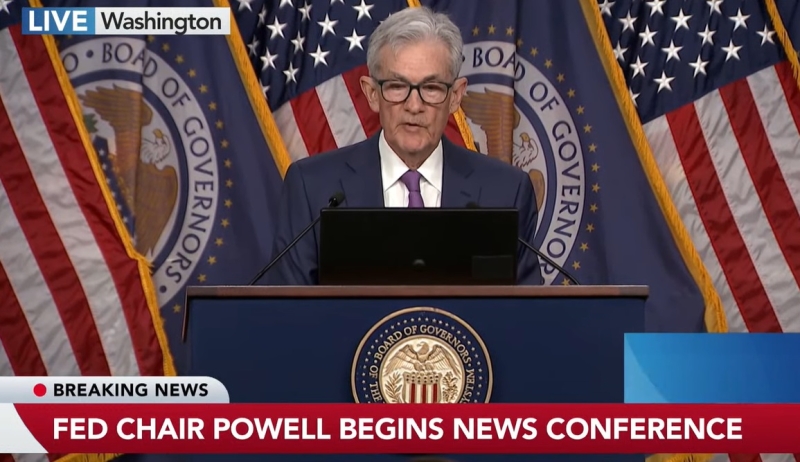
U.S. Home Values Soar to Record $46.8 Trillion Amid Housing Shortage

Suburban appeal, Millennial influence, and 30-year mortgages shape dynamic real estate market.
U.S. home values reached $46.8 trillion in June, marking a new all-time high, according to a report from Redfin. This record overtakes the prior peak of $46.6 trillion set a year earlier. A lack of available homes for sale, coupled with the dominance of 30-year fixed-rate mortgages, has contributed to the sustained growth in housing values.
In June, home values saw a 0.4% ($166.2 billion) increase from a year earlier and a remarkable 19.1% ($7.5 trillion) increase over two years ago. This upward trend has effectively offset the $2.9 trillion decline triggered by rising mortgage rates between June 2022 and February 2023.
“The dominance of the 30-year fixed rate mortgage in America is propping up home values,” Chen Zhao, Redfin economics research lead, said. Many homeowners took advantage of the 3% mortgage rate during the pandemic and are reluctant to move as they would face higher rates.
The scarcity of homes and owners with low mortgage rates have led to a reduction in home sales. Approximately 90% of homeowners with mortgages have rates under 6%, far below today's average of 6.96%. Consequently, only 1% of homes have changed ownership this year, the lowest share in a decade. The number of homes for sale plummeted by 15% year over year to an all-time low in June.
While the national trend shows an increase, 32 U.S. metropolitan areas experienced a decline in aggregate home value, with California and Texas being notably affected. Cities like Austin, TX, and Oakland, CA, suffered the largest declines at 9.6% and 8.7%, respectively. Pricey West Coast markets such as San Francisco and Seattle have seen significant drops, partly due to remote workers seeking affordability elsewhere and the impact of tech layoffs.
Conversely, relatively affordable markets have posted the biggest gains, with Little Rock, Ark., leading with an 8.8% year-over-year increase in June. Other cities, including Camden, N.J., and Milwaukee, also witnessed significant growth. Interestingly, millennials (27 to 42 years old) now hold more home value than the Silent Generation (78 to 97 years old) for the second consecutive quarter, totaling $5 trillion in value. At the same time, Generation X (43 to 58) and Baby Boomers (59 to 77) have seen minimal changes.
Despite the overall increase in value, millennial home equity has seen a sharp decline of 18.2% year over year in the first quarter. This trend reflects the broader shift towards millennial home buying, as they now make up the majority of purchasers in the housing market.
The report also highlighted a 0.9% decline in urban home values while suburban and rural areas experienced growth. The suburbs have become increasingly attractive due to remote work trends and housing affordability, contributing to a 0.2% and 2.6% increase in suburban and rural areas, respectively.
Homes in the $250,000 to $750,000 range saw the most significant jump in value, while luxury homes in West Coast markets faced considerable declines.
While the overall value reaches new heights, local disparities and generational shifts present a complex picture. The coming months will likely continue to reveal a multifaceted and ever-changing housing landscape.




